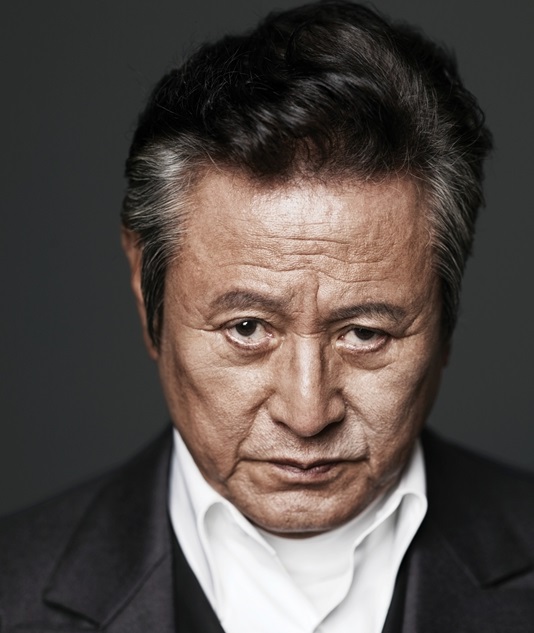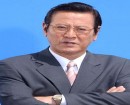PARK Keun-hyong, born in 1940, started acting while attending Whimoon High School, which was at the time famous for its dramatic department. Having first stood on stage in 1959 to play in <The Locomotive Living on Petals>, PARK was among the very first students to be enrolled at the Department of Theater and Film of the Chung-Ang University. He made his first appearance on screen in 1963 for the annual open auditions held by national TV broadcast KBS, before being cast ...
More
PARK Keun-hyong, born in 1940, started acting while attending Whimoon High School, which was at the time famous for its dramatic department. Having first stood on stage in 1959 to play in <The Locomotive Living on Petals>, PARK was among the very first students to be enrolled at the Department of Theater and Film of the Chung-Ang University. He made his first appearance on screen in 1963 for the annual open auditions held by national TV broadcast KBS, before being cast in a number of TV series produced by KBS and MBC. <7 People in the Cellar> (1969) marked his first role in a film, and only five years later, he received the Grand Bell Award for Best Actor for <Lee Jung-Seob, A Painter> (1974). In the 70s, he became one of the biggest stars of the small screen, famous for topping the bill of many a melodrama series on MBC. He later diversified his roles to include villains, with performances so memorable that he would sometimes get scolded by people in the street. Among his most famous works of that time is IM Kwon-taek’s <Ticket> (1985). In the 1990s, as Korea was emerging from decades of dictatorship, PARK took part in several significant works that looked back at the troubled times of Korean modern history and raised difficult questions. He first appeared in <Eyes of Dawn> (1991-1992), considered by many as the best Korean series of all time. With the biggest budget for a TV show at the time and a cast boasting 270 actors, the series reenacted the Japanese Occupation, World War II and the Korean War, as seen through the eyes of three young men of different believes but with interconnected destinies. In the role of a Pro-Japanese Korean investigator who tracks Korean independence activists and socialists by relying on torture, PARK left a strong impression. The same year, he won Best Supporting Actor at the Grand Bell Awards for the film <Who Saw The Dragon’s Toenail?> (1991). In 1995, he reunited with the producer and the screenwriter of the <Eyes of Dawn> for another epic scale drama series, <Sandglass> (1995), about a group of friends living through the political turmoil and the democratic uprisings of the 70s and 80s. Notable for featuring the first reenactment on screen of the infamous Gwangju Uprising, a national trauma that had long been covered by the government, the show triggered a national debate and became one of the most successful Korean series of all time, with a peak rating of 64.5%. PARK would also appear in <The 4th Republic> (1995-1996) which retraced the controversial authoritarian rule of President PARK Chung-hee between 1972 and his assassination in 1979, in which he played the director of the Korean Central Intelligence Agency. Due to the success of these series, he was later often typecast as a man of power, such as a politician, a high-ranking official or a director of a conglomerate. As such, he has notably played King Yeongjo in historical court drama <The Great King’s Road> (1998) and a member of the Japanese government in <Empress Myeongseong> (2001). In 2002, he played with his well-established image by portraying an intimidating mob boss who will do anything to marry off his daughter in the hit gangster comedy <Marrying the Mafia> (2002). His career saw a dramatic revival in 2013 when he starred in the surprise smash hit reality show <Grandpas Over Flowers>, in which he and three other veteran actors backpack in France and Switzerland. He would sign up again for three more seasons, and this newfound fame among younger viewers, along with the more emotional and romantic side he exhibited, led him to receive more role offers. He notably starred in romantic drama film <Salut d’Amour> (2014). He has so far contributed to more than 180 TV series and nearly 100 films.
Less







